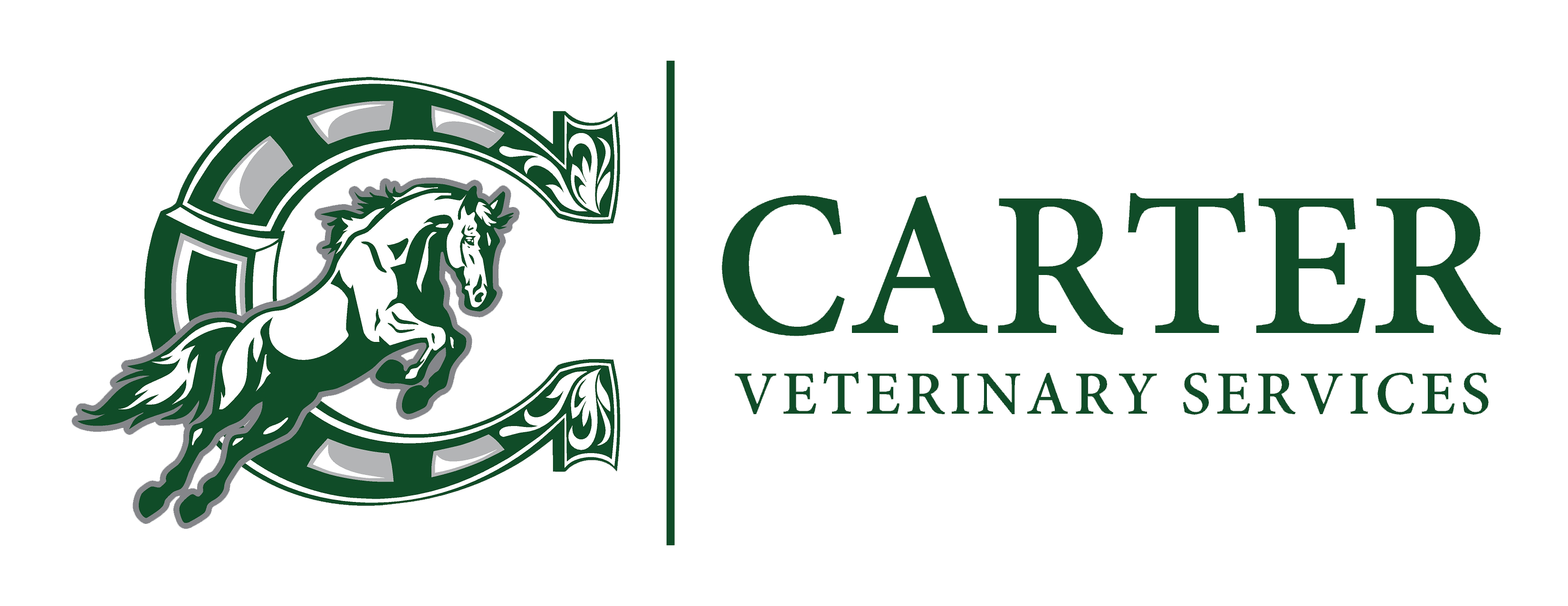As a proud horse owner, understanding your equine companion's health is vital. At Carter Veterinary Services, we know that horses can suffer from various health issues, some of which may be challenging to detect without regular monitoring. Awareness of common horse health problems allows for early detection, effective treatment, and ultimately a longer, healthier life for your beloved pet. This article will explore several prevalent health issues in horses, their signs, and suggested management strategies.
Understanding Common Horse Health Issues
Understanding Common Horse Health Issues
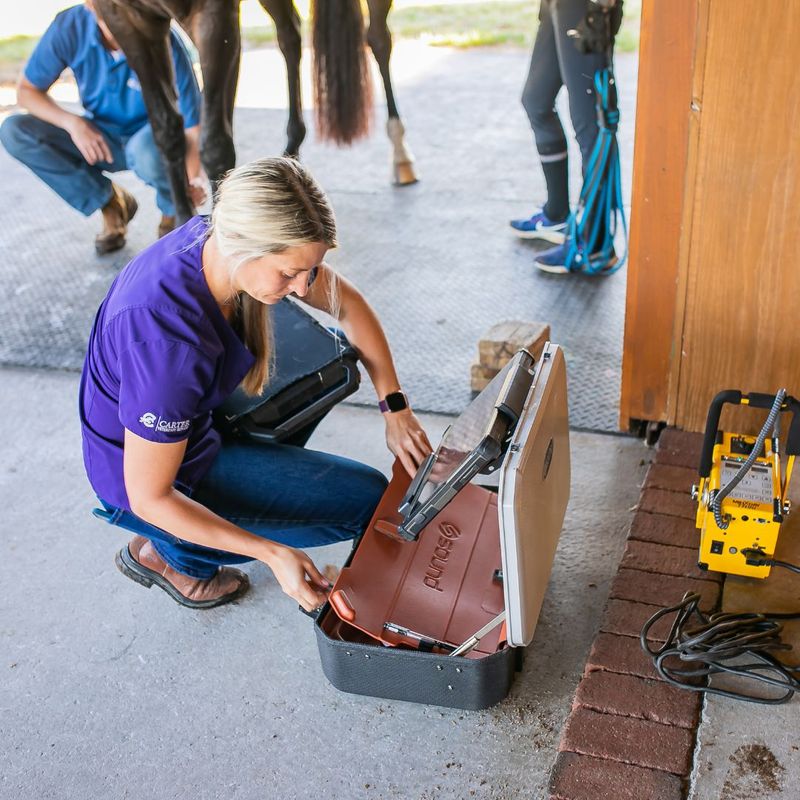
Recognizing Colic
Colic is one of the most common and urgent health issues in horses, characterized by abdominal pain. It can result from various factors, including dietary changes, overeating, or dehydration. Signs of colic include pawing, looking at the belly, rolling, and sweating. Immediate veterinary attention is crucial, as severe cases may require surgical intervention. Providing a consistent feeding routine and ensuring access to fresh water can help reduce the risk of colic.
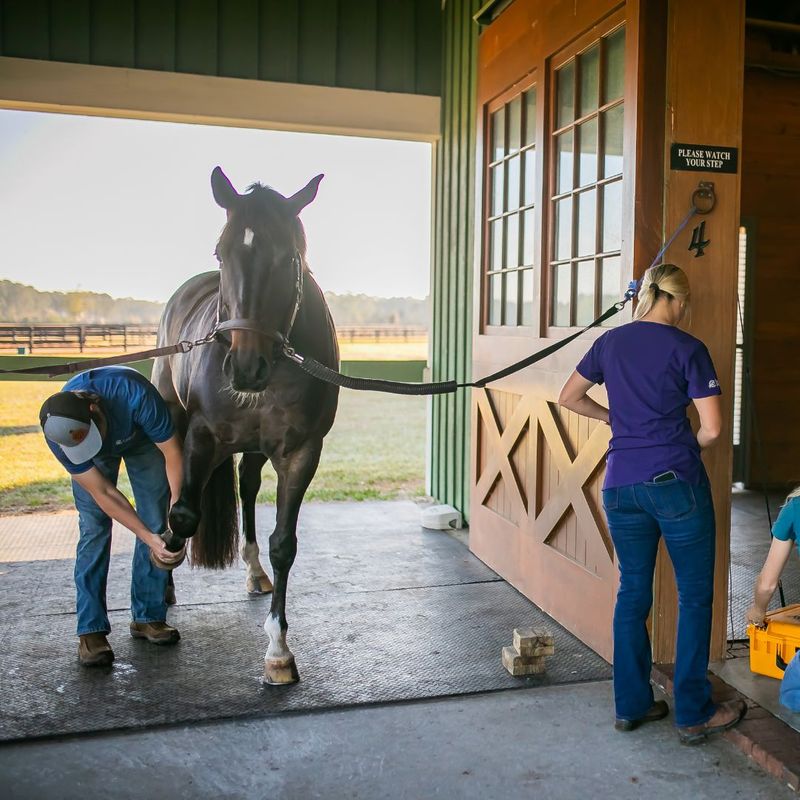
Understanding Laminitis
Laminitis, or founder, is a debilitating condition affecting the hooves and often results from inflammation of the tissue connecting the hoof wall to the bone. Common triggers include obesity, metabolic disorders, and excessive grain intake. Symptoms manifest as lameness, heat in the hooves, and reluctance to move. To manage laminitis, maintaining a balanced diet and controlling weight is essential. Regular hoof care and consulting your veterinarian for an appropriate management plan are also advisable.
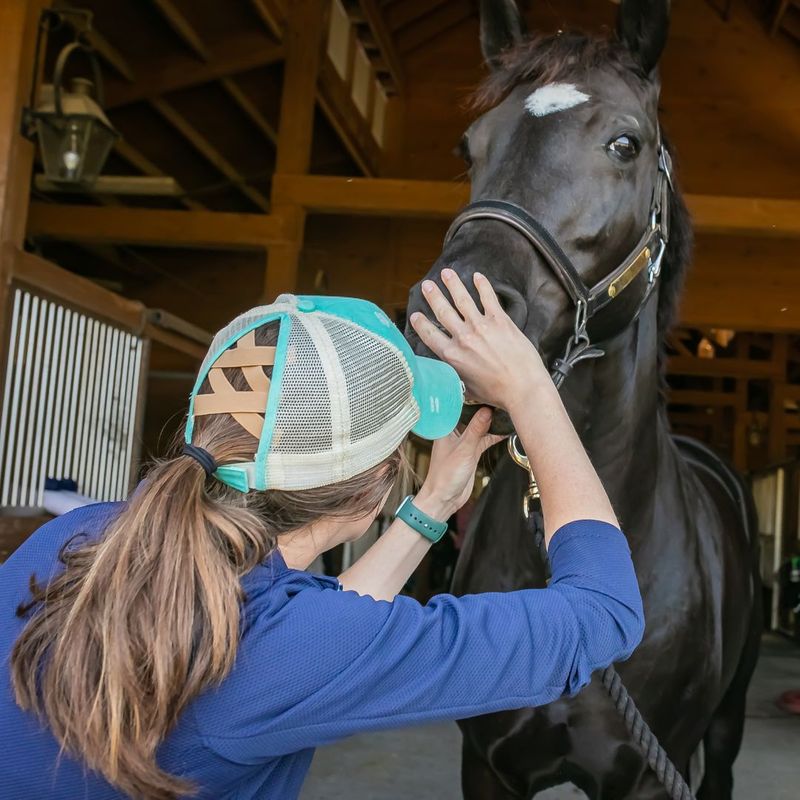
Dealing with Respiratory Problems
Respiratory problems, such as equine asthma (known as heaves), are common in horses, especially those exposed to dust, mold, or pollen. Signs of respiratory distress may include coughing, nasal discharge, and labored breathing. Ensuring proper ventilation in stables, reducing dust exposure, and maintaining a clean environment can help prevent these issues. For ongoing respiratory conditions, working closely with a veterinarian is crucial to manage symptoms and improve quality of life.
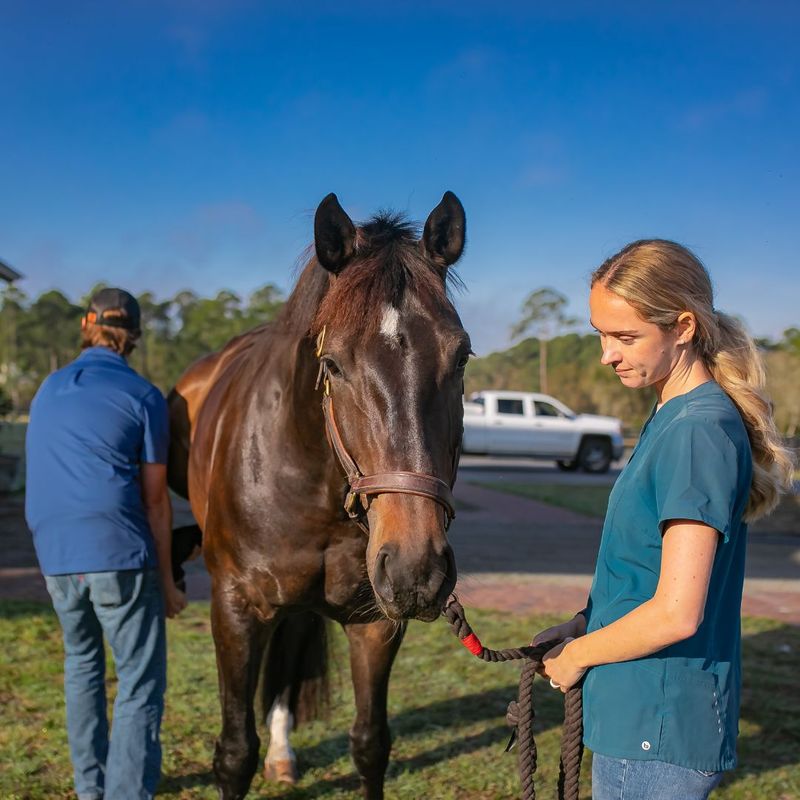
Recognizing Cushing's Disease
Cushing's Disease, or Pituitary Pars Intermedia Dysfunction (PPID), affects older horses and is characterized by excessive production of cortisol, leading to symptoms such as laminitis, changes in coat, and increased thirst and urination. Early detection is key to managing this endocrine disorder. Regular veterinary check-ups and blood tests can help monitor hormone levels and guide treatment options, such as medication to manage symptoms effectively.
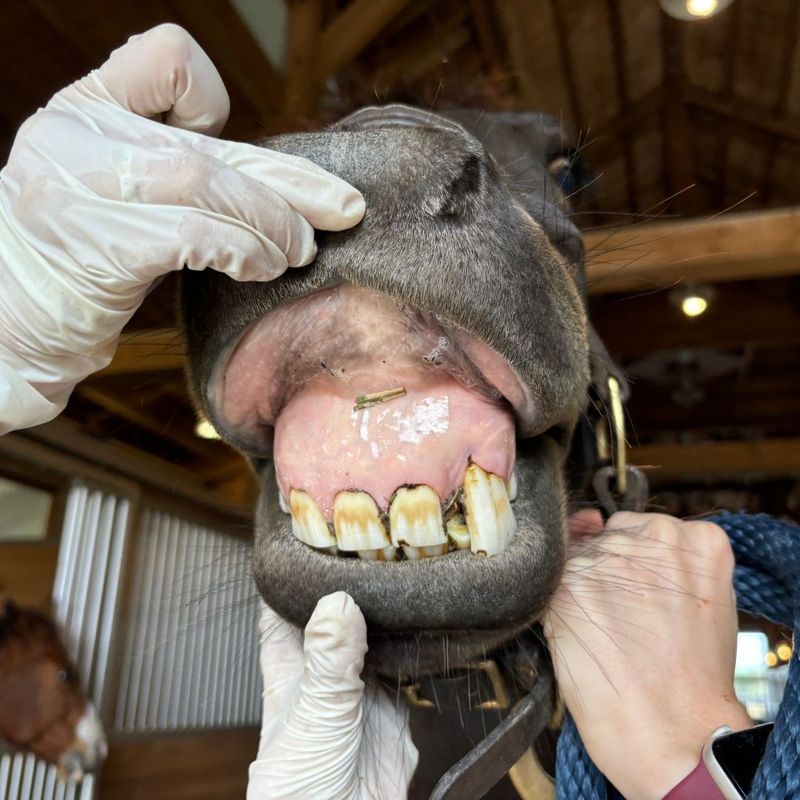
Taking Care of Dental Health
Dental health is often overlooked but plays a crucial role in a horse's overall well-being. Common dental issues include overgrown teeth, infections, and periodontal disease. Signs of dental problems may include difficulty eating, weight loss, and bad breath. Routine dental check-ups should be part of your horse's care regimen, as regular floating and assessments by a qualified veterinarian can prevent more severe problems and ensure optimal health.
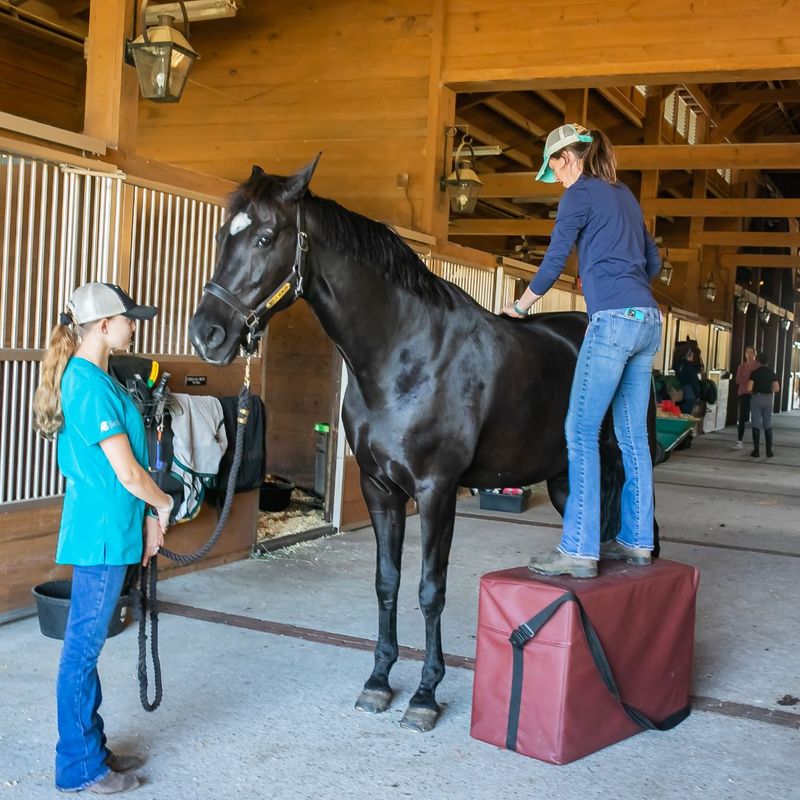
Addressing Skin Disorders
Skin disorders, ranging from allergies to infections, can significantly affect your horse's comfort. Common issues include dermatitis, hives, and fungal infections. Symptoms often include itching, swelling, redness, and hair loss. Maintaining a clean environment and a consistent grooming routine can help prevent many skin issues. If you notice any changes in your horse's skin, consulting your vet for proper diagnosis and treatment is essential.
Caring for Your Horse's Health
Recognizing and managing these common horse health issues is vital for ensuring a long, healthy life for your equine companion. Regular veterinary check-ups, a balanced diet, and proper care can help prevent many health problems and catch others early when they are easier to treat. If you notice any signs of discomfort or changes in behavior, don’t hesitate to reach out to Carter Veterinary Services for expert care and guidance. Together, we can ensure your horse stays healthy and happy for years to come.
